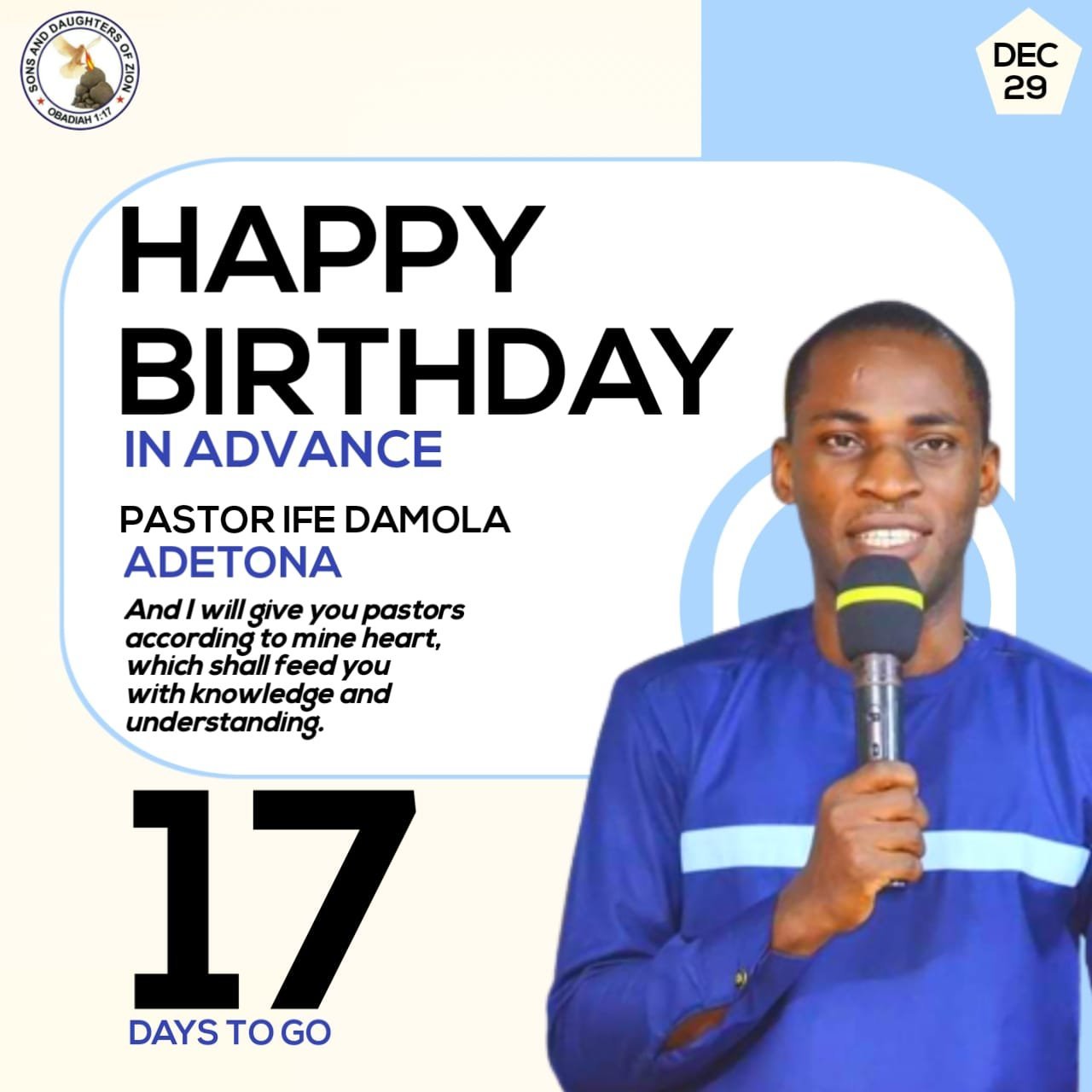Nigeria has the raw material known as crude oil in abundance. It is from it that you extract diesel, petrol, engine oil, cooking gas and so on. Since Nigeria has no functioning refinery where the oil could be turned into usable products, it has to be shipped raw abroad to countries that require it. The implication of that is, if Nigeria needs refined products, it has to buy from abroad and ship them back as well. Normally, that would make it a bit expensive compared to if it is processed here in Nigeria. So, to encourage independent marketers to ship refined products, the Nigerian Government subsidizes its cost. For instance, if it would take 400/litre to bring it in, Nigeria Government pays 200.

You may want to ask: where is Nigeria getting the money to pay? The simple answer is: from the sales they make with the raw products they shipped abroad.
There are many obvious problems associated with that system. First, a lot of crude oil gets shipped abroad without any accountability to the Nigeria Government.
Second, it has been alleged that some approved marketers claim to have ship-in a quantity of refined oil and claim subsidy money for it whereas, they only shipped a lesser amount or even nothing.
Another problem is that, the subsidized oil is supposed to be sold in Nigeria and to Nigerians but some transport them to other countries that share borders with Nigeria. That is why you find so many filling stations in border towns like Saki. Saki people would say: “there are more petrol stations than houses in Saki”. Servicing border towns is a suitable guise to take the fuel outside the country.

This level of stealing and fraud is not the type an ordinary or even a single powerful individual could pull. It is a big web of from crime gangster among the powerful if not the most powerful.
The government has several options to deal with the situation: to chase after these thieves, to make refineries work in Nigeria or to stop the subsidy. I guess they prefer the most convenient.
Over time, the government focuses more on stopping or limiting the subsidy. I remember reading in the paper over 10 years ago how Obasanjo gave licenses to not less than 7 companies to construct private refineries. Whatever happened to that project?
Do you remember the general strike of January 2014 under Goodluck Jonathan? It was because he reduced the subsidy cost. That action was later renegotiated and reversed. The people of Oyo State will remember “Ajumose Bus”. The plan was that, if the government removed or lowered subsidy, they would use the money instead to develop the states by sharing it among governors. And one of the pieces of advice was to use the money to buy buses to aid mass transit.
Recently, you will realize that the price of cooking gas suddenly went up after a brief scarcity. It was because the subsidy on cooking gas was removed quietly. The same was for diesel and that was a contributing factor to the hike in prices of goods. Many companies use diesel. The same goes for Kerosene.
Today, petrol is becoming scarce and expensive. The likely factor is that the Nigerian government has vowed to remove subsidy totally by 2023. When such an announcement is made, what is likely to happen is that, some accredited marketers that are entitled to subsidy will hoard the products they imported on subsidy so that they can sell at a higher cost when the subsidy is finally removed. Another thing is, smaller petrol companies will beg them to sell to them at a higher price thus, they will sell back to the people at a much higher price. Filling stations like (and only) BOVAS decided to sell what they buy to the people without hoarding thus the reason you could get from them at the initial cost. Meanwhile, some other marketers would claim that they are not importing because the government was owing them subsidy costs.
NNPC filling stations were built because of a day like this. So that they can sell at a lower cost come what may. But you know what is going on in those filling stations. I pass through three (including NIPCO) everyday. They have almost turned one to car dealer shop. For whatever reason, they rarely have fuel to sell. And when they do, it is for a short period of time.

Many people are divided on whether subsidy should be totally removed or remain. Those that support its removal claim the money ends up in the pocket of thieves. The question is- when it is removed, where will the same money end up? Government says they cannot continue to afford the cost. National Labour Congress (NLC) says government plan to remove subsidy is an attempt to shift his responsibility of failure to make refinery work on the people. Al-Jazeera says Nigeria is the only OPEC member (oil-producing country) that doesn’t have a running refinery.
The reality remains that when the subsidy is paid, the man with a bad road and incessant electricity with low income at least feels the positive impact of that subsidy on fuel. But what happens to such a man when the subsidy is removed? HIGH COST OF LIVING.
Nigeria government need no advice. They know what is A responsible leader knows what to do and would do it.
In the middle of all this, I see Aliko Dangote and all his shareholders smiling to the bank as soon as his refinery get working from next year.

